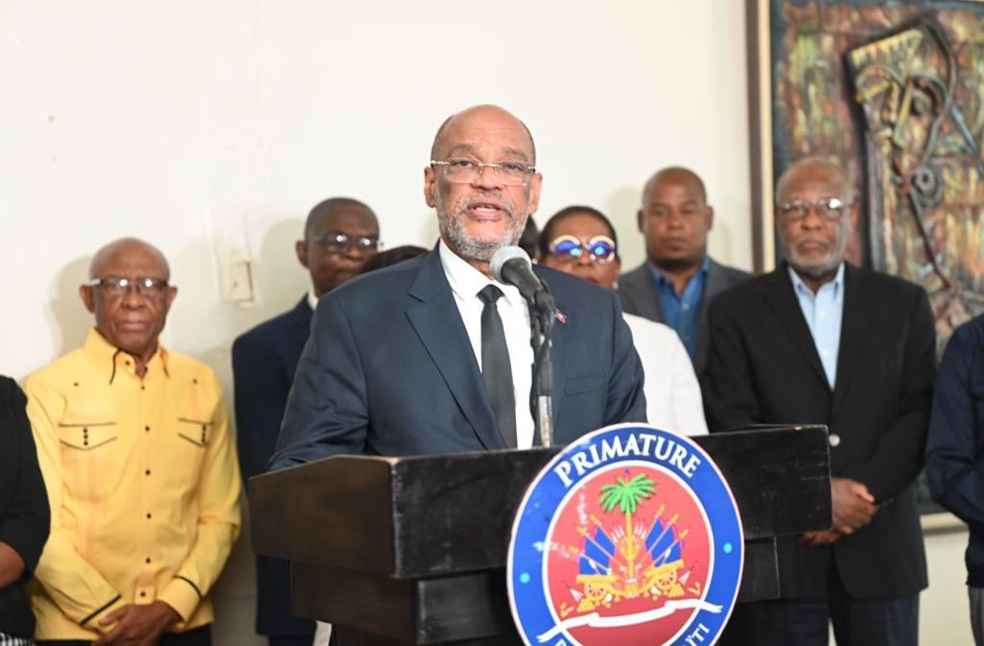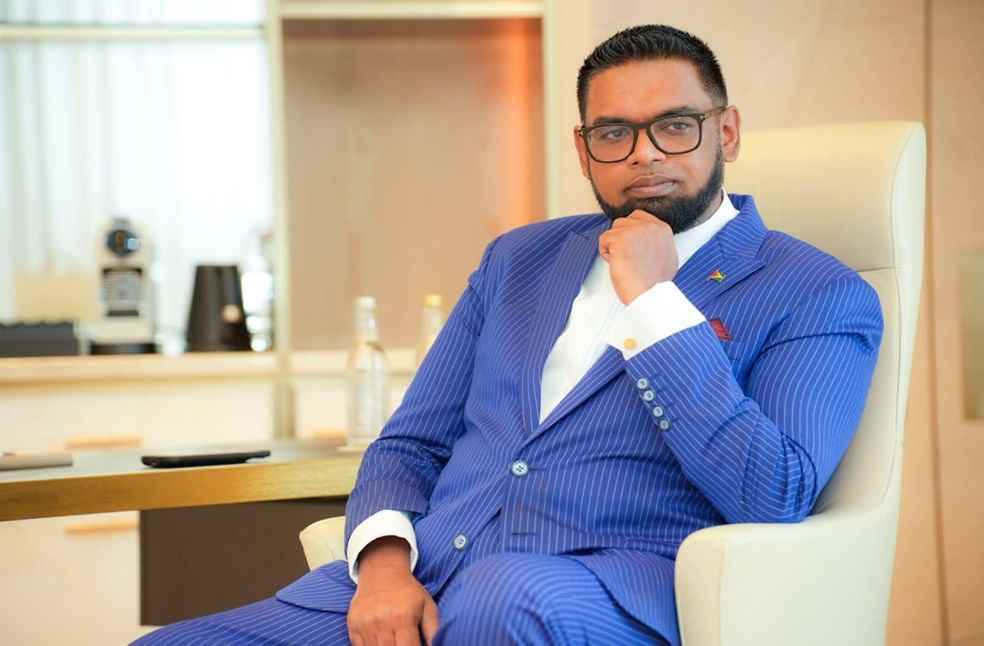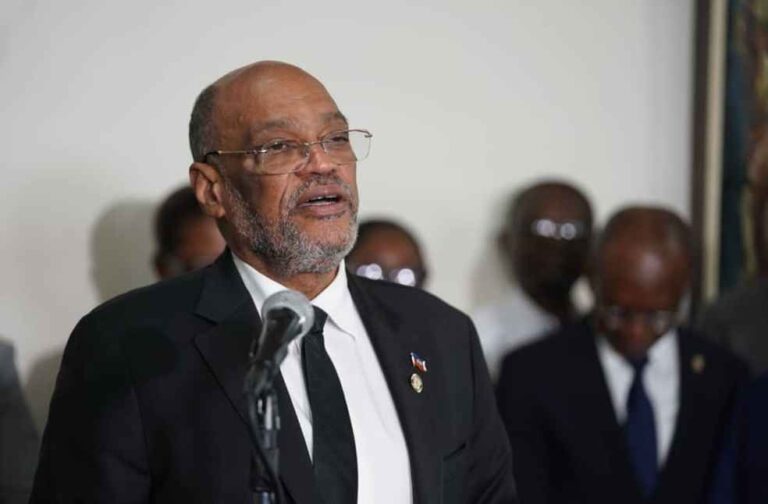Haiti: Ariel Henry, the Haitian Prime Minister, has agreed to resign due to mounting pressure and violence in the country. President Irfaan Ali of Guyana announced the PM’s resignation.
Speaking at a regional summit in Kingston, Jamaica, President Ali said that, “We acknowledge the resignation of Prime Minister Ariel Henry upon the establishment of a transitional presidential council and the naming of an interim prime minister.”
Several gangs allied to remove the unelected leader from power, which resulted in 10 days of chaos. During this period, police stations were set ablaze, ports were attacked, and the international airport in the capital was besieged.
The chaos eventually led to the resignation of the leader, and a senior US official confirmed the decision. The official also stated that the former leader, Henry, is currently in Puerto Rico, and expressed a desire to return to Haiti in the future.

Henry’s resignation was submitted to the Caribbean Community regional political bloc, CARICOM. That occurred after they held an emergency conference on Haiti’s future as it came nearer to evolving into a failed state.
Ariel Henry took over as Haiti’s acting leader in July 2021 following the assassination of the country’s president, Jovenel Moise, by Colombian mercenaries. However, Henry’s government was largely regarded as corrupt and unlawful because it failed continually to carry out elections. It’s worth noting that Haiti hasn’t held an election since 2016.
Many parts of the country were seized by gangs under the 74-year-old’s rule, causing food and fuel shortages and roads to be blocked. In Port Au Prince, 80 percent of the city is controlled by armed criminals. It is estimated that nearly half of Haiti’s population, or 4.35 million people, goes hungry every day.

The Prime Minister of Haiti attempted to ensure a UN-supported task force composed of foreign troops to reinforce the country’s police force and improve the situation since October 2022. In March Henry finally succeeded in getting Kenya to agree to send 1,000 officers to the Caribbean, but the agreement came too late.
According to Ali, the interim successor to Henry will be appointed by a presidential council consisting of seven voting members and two observers. The council will comprise individuals from the private sector, civil society, and one religious leader. Ali also stated that anyone intending to run in Haiti’s next elections would be ineligible to participate in the council’s proceedings.



